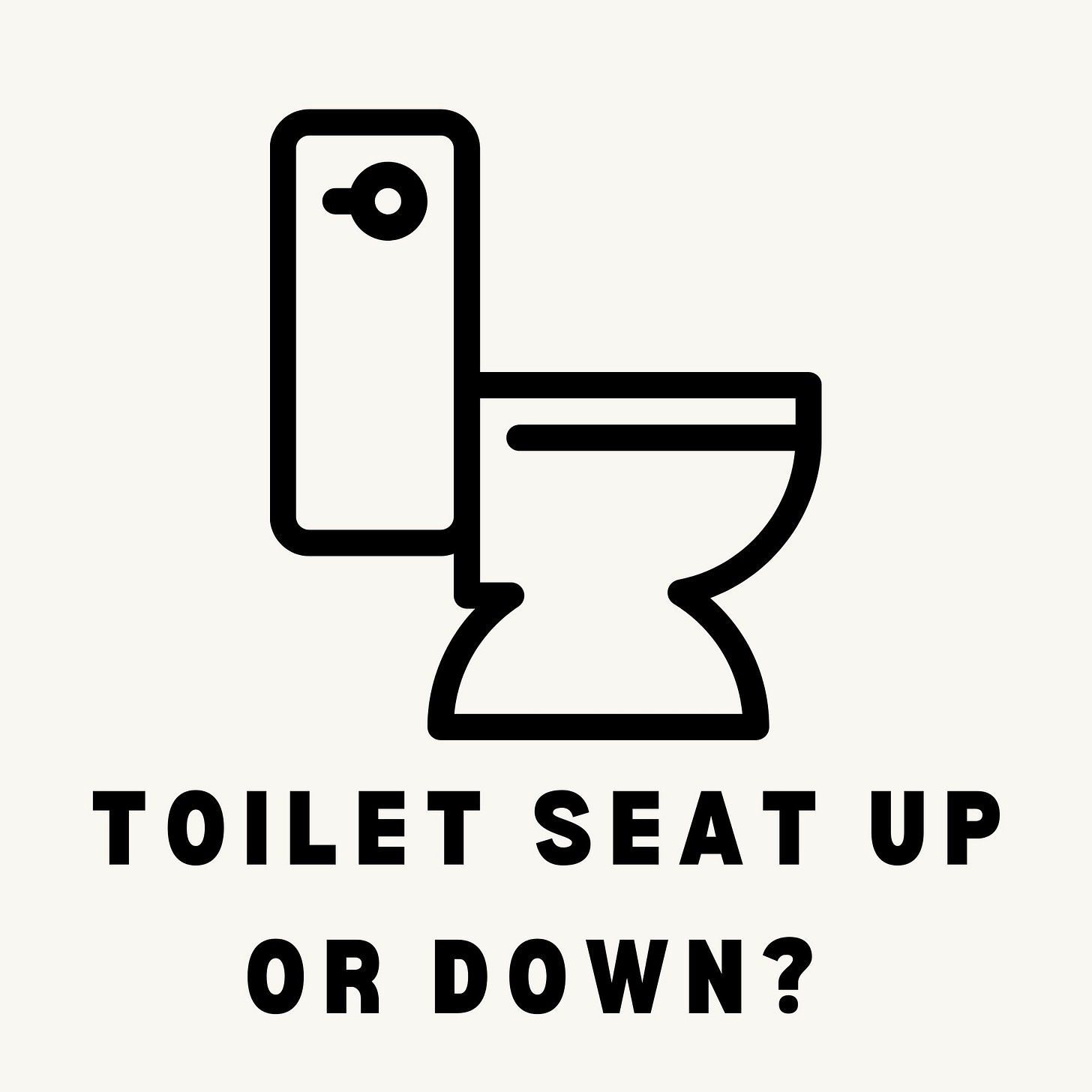Care Less, Accomplish More
How not sweating the small stuff can free you up to tackle the big stuff

The night before our wedding, I gave my husband a gift. I had spent months planning the surprise with Danny Tan, the guy who had introduced me to David nearly six years before. Together we bought and hid a guitar for David, which I unveiled to him during our toast.
David looked at me in shock. The first words out of his mouth were, "I didn't get you anything. I didn't know I was supposed to."
While others might have been hurt, or even offended, I just laughed. David and I have spent our entire relationship not sweating gifts or big events. One of us always forgets something, and the other one never gets upset. I know how much he loves me, even when he doesn’t do anything for our anniversary, and he knows how much I love him, even though I still haven’t put on that big party he wanted for his 40th birthday. (Now the pressure’s on to make it happen for his 50th—we’ll see!)
This relaxed approach to our relationship milestones may come across as lazy or lax, but it has contributed to the long-term success of our relationship. We worry less, prioritize more, and are better able to see the big picture.
Whether at work or at home, there’s a lot to be said for not sweating the small stuff. By caring less about the little things, we can save ourselves stress, conflict, and hurt feelings—and free ourselves up to focus on what’s really important.
Small stuff trips us up
My husband and I agreed when we first got married that he didn’t have to put the toilet seat down in the bathroom. (I can hear a collective gasp from you ladies reading this, but bear with me.)
Because he lived in a house full of women, my father was always diligent about putting the toilet seat down every time. As a result, I never gave it much thought, even after I got married. The toilet seat is something a lot of couples fight about, but I told him from the start that I didn't care either way.
Something so trivial seemed silly to fight over. But like all couples, David and I bicker about other things, like how the dishes were done or who had to sort the mail. I knew how I liked things to be done, and David knew how he liked things to be done. This led to friction when our habits clashed.
It wasn’t until I took a step back that I realized I was letting things bother me that, in the grand scheme, weren’t really any different than the toilet seat. Were they minor inconveniences? Sure. But if we spent all our time worrying about every minor inconvenience we ran into, we would make ourselves crazy.
One question I always ask myself when I get upset about something is:
I used to find myself having to ask that question multiple times a day. I felt this need to fight all the time—for my voice, for my space, or for my right to be heard. I was always fighting. Everything felt so serious, like it was life or death. I felt a constant sense of stress in the background of my life, like I was living on high alert. Each time a point of irritation came up, I went on the offensive, but this only created more conflict—and, in turn, more stress.
I spent so much emotional energy being upset about things that didn't matter, which left me little space to focus on the things that did. At the same time, it also impeded my ability to build relationships and to connect with people. Once I learned to let go of the trivial things, I felt so much less friction in my life. I was able to see the big picture and put my energy toward more important things, and as a result, I became easier to work with.
Whatever that small thing is in your marriage or relationship, ask yourself whether the cost of getting upset outweighs the benefit of getting your way. A lot of times, it doesn’t. Learning to care less about these trivial issues will reduce conflict in your daily life and contribute to your long-term happiness.
Identifying the things that aren’t worth caring about
I once had a manager who said to me during a biannual performance review, “If you are still doing the same job every half, you are doing something wrong. You should be evolving your job so you are doing less, so you can take on something new.”
At first, I was confused by this advice. I thought moving forward meant taking on more work, not less. What did he mean by evolving my job? How was this even possible?
Keep reading with a 7-day free trial
Subscribe to Perspectives to keep reading this post and get 7 days of free access to the full post archives.





